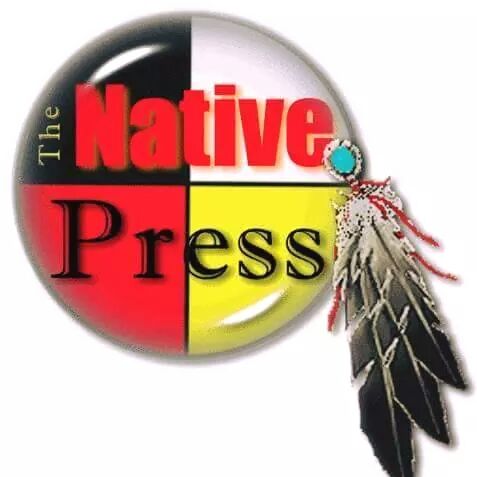The re-elected chief of the Tk’emlúps te Secwépemc First Nation says she’s hoping to forge connections within her community as she looks ahead to her next term.
Rosanne Casimir will serve as the Kúkpi7 (chief) of the First Nation in south-central B.C. for a third term, after beating Joshua Gottfriedson by 81 votes in their Nov. 9 election.
Casimir was the chief of Tk’emlúps te Secwépemc in 2021 when it announced it was investigating suspected unmarked graves on the site of the Kamloops Indian Residential School — a discovery the nation calls “Le Estcwicwéy,” to refer to “the missing” children.
The investigation drew significant international attention to the issue of abuses at residential schools. Now, Casimir said she’s hoping to advance healing in her community with the construction of a new healing centre.
The re-elected chief spoke to the CBC’s Jenifer Norwell about her ambitions for her third term, how she wants her community to come together, and how she plans to deal with mental health challenges brought on by the COVID-19 pandemic.

This interview has been edited for length and clarity.
What are some of the things that you’re looking forward to as you move into this next term?
What I’m looking forward to is, you know, working closely with my community to build relationships within and to feel some unity.
Because I find since COVID, our families really have drifted apart. And then we’ve had everything from the rise in mental health [crises] to the opioid crisis and so much grief and losses also taking place.
And also, you know, the healing that also needs to take place, ever since the announcement of 215 Le Estcwicwéy.
How do you feel about shepherding this story and this responsibility into yet another term?
[It’s] looking at really bringing our people together and looking at ways to support and nurture, love, honour and give respect to, you know, those that didn’t make it home.
But also to support the healing that also needs to take place at every single level. And one of the things that is starting to move forward is that healing centre. We’ve got an identified location.
What I’m going to be doing to make that a reality is supporting our technical individuals that are moving that forward. And … also to support what the programs and services could look like and what on the ground healing looks like for our people.

Are there particular learnings that you took out of this campaign period?
People definitely want to see some good governance in place. They want to be able to trust that there’s real accountability and transparency.
But also supporting and working with the community as well, and being there for our people to support the path moving forward.
To me, I thrive on community-driven initiatives that involve our people. And, you know, I’ve done a lot of relationship building and allyship, but I also want to do that within community as well.
It’s not easy to be the community that has, for many, symbolized a difficult issue. What does that relationship building look like?
It’s been truly unprecedented and it’s been hard, you know, politically, but also for the community as well.
I’m looking forward to working with membership — working with our elders and working with our youth — and having a community that’s thriving, and how to support and continue that community driven initiative too.
‘Full and complete’ disclosure of student attendance and other records is needed to help identify children who may be buried in unmarked graves at the former Kamloops Indian Residential School, says Kukpi7 (Chief) Rosanne Casimir of the Tk’emlúps te Secwépemc First Nation.
Whether it be economic development and a youth centre [or], you know, different things that could be bringing our people together to truly honour and celebrate one another.
But also our museum and seeing some initiatives move forward that have been in the works for a while — including an elders’ lodge too.
You mentioned increased transparency. What would that look like?
For the longest time we had our doors locked and, you know, the doors are unlocking — making sure that people feel welcome coming back into our buildings, and in our doors and our offices, and stopping in for coffee.
It’s been a difficult journey. Because, you know, in the past even I too remember growing up and being able to stop in and have coffee and, you know, just chat with leadership. It always felt good and welcoming.
I want to bring that back.
I just also want to reiterate, you know, there were candidates that didn’t get elected and they all had the invested interest in wanting to support and be a part of the leadership for our community.
I embrace their leadership. And I’m sure they’re still going to be involved in other capacities and [I] appreciate that.


